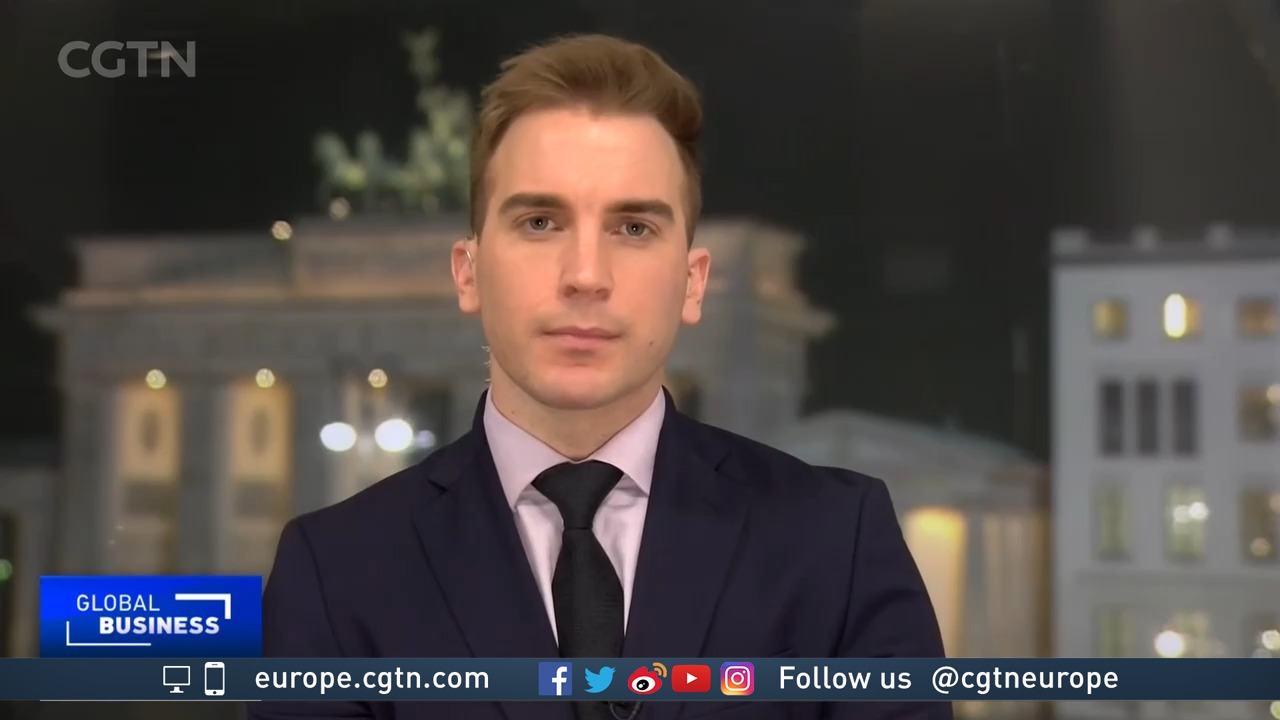
Green party co-leaders Annalena Baerbock and Robert Habeck will join Olaf Scholz's 'traffic light' coalition. /Markus Schreiber/AFP
Green party co-leaders Annalena Baerbock and Robert Habeck will join Olaf Scholz's 'traffic light' coalition. /Markus Schreiber/AFP
Olaf Scholz is one step closer to becoming Germany's chancellor after his two coalition partners agreed to form a government with his center-left Social Democrats (SPD).
The three-party coalition will see the SPD govern with the ecological Green Party and pro-business Free Democratic Party (FDP). On Monday 83 percent of the Green party voted in favor of the coalition, completing the approval of the three-party agreement.
The grouping is often described as the "traffic light coalition" because of each party's respective colors; red, yellow and green. While each differ on the political spectrum, their new partnership follows September's election, which delivered a bruising defeat for outgoing chancellor Angela Merkel's conservative CDU party.
READ MORE
Climate icons saving the planet
UN migration report laid bare
Omicron: 'Too late' to use border controls
While political coalitions are common in German politics, Scholz's three-party government is a break from the long-established tradition of only two parties sharing power. He needed three parties to reach a majority.

A new team for a new era
Scholz has chosen several prominent politicians to become ministers in his new government, including epidemiologist Karl Lauterbach as health minister.
"It's very important to me to keep in mind that the pandemic is far from over. That's why, and I can't put it any other way, probably most people in this country were hoping that the next health minister be an expert. That person is Karl Lauterbach," Scholz said.
Other key roles are set to be given to coalition partners, with Green Party Co-Leader Annalena Baerbock expected to become the country's first female foreign minister.
She has vowed to put human rights at the center of German diplomacy and promised "dialogue and toughness" when dealing with China in a recent interview with the TAZ newspaper.
Baerbock will have to convince Scholz of her party's demands on Russia and China, with the new chancellor expected to favor avoiding confrontation with the two countries.
The Chinese embassy in Germany responded to Baerbock's comments when a spokesperson told reporters, "we hope that individual German politicians will look at China and Sino-German relations objectively and comprehensively, respect China's core interests and major concerns, spend their energy on promoting practical cooperation between the two sides in various fields, and be 'bridge builders' rather than 'wall builders' between the two countries."
FDP leader Christian Linder is expected to take over the powerful Finance Ministry. His championing of austerity and strict budget rules in the eurozone could set him on a collision course with counterparts in southern EU states, such as Italy and Spain.
02:35

What happens next?
With the leaders of the SPD, Greens and FDP each now signing off the final governing agreement, its expected Scholz will be sworn in on Wednesday to succeed Merkel as the new chancellor of Germany.
The 63-year-old has had a long political career in Germany, most recently as Merkel's finance minister and before that, as the mayor of Hamburg, Germany's second biggest city.
Upon taking office, he faces a long list of challenges, including the continued resurgence of COVID-19 and an ongoing debate about whether to introduce a controversial vaccine mandate.
He also takes over as record inflation and supply chain disruptions drag on the economy.

